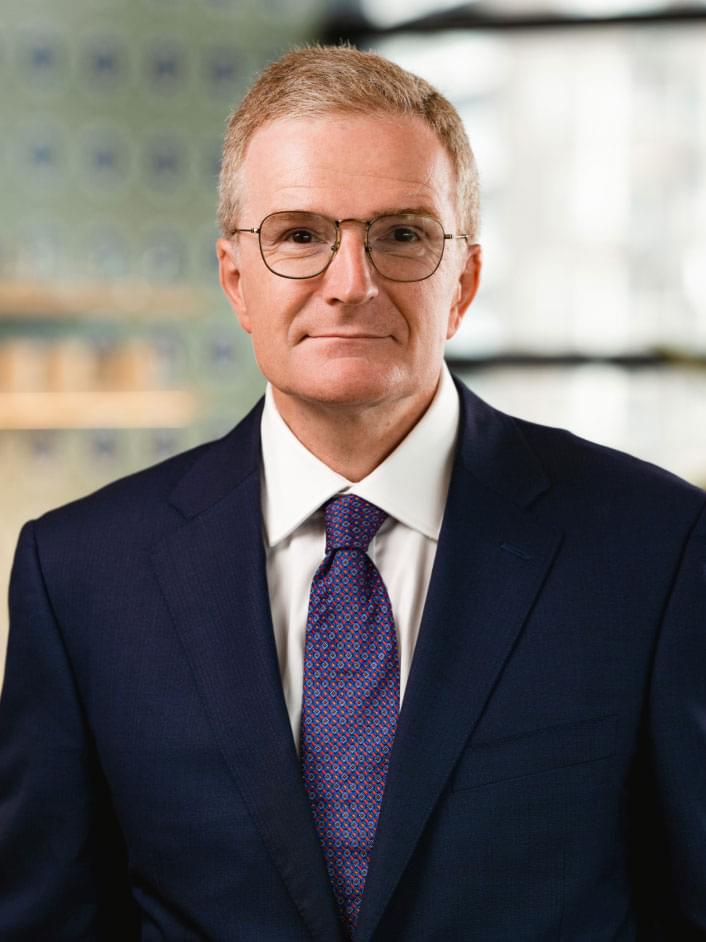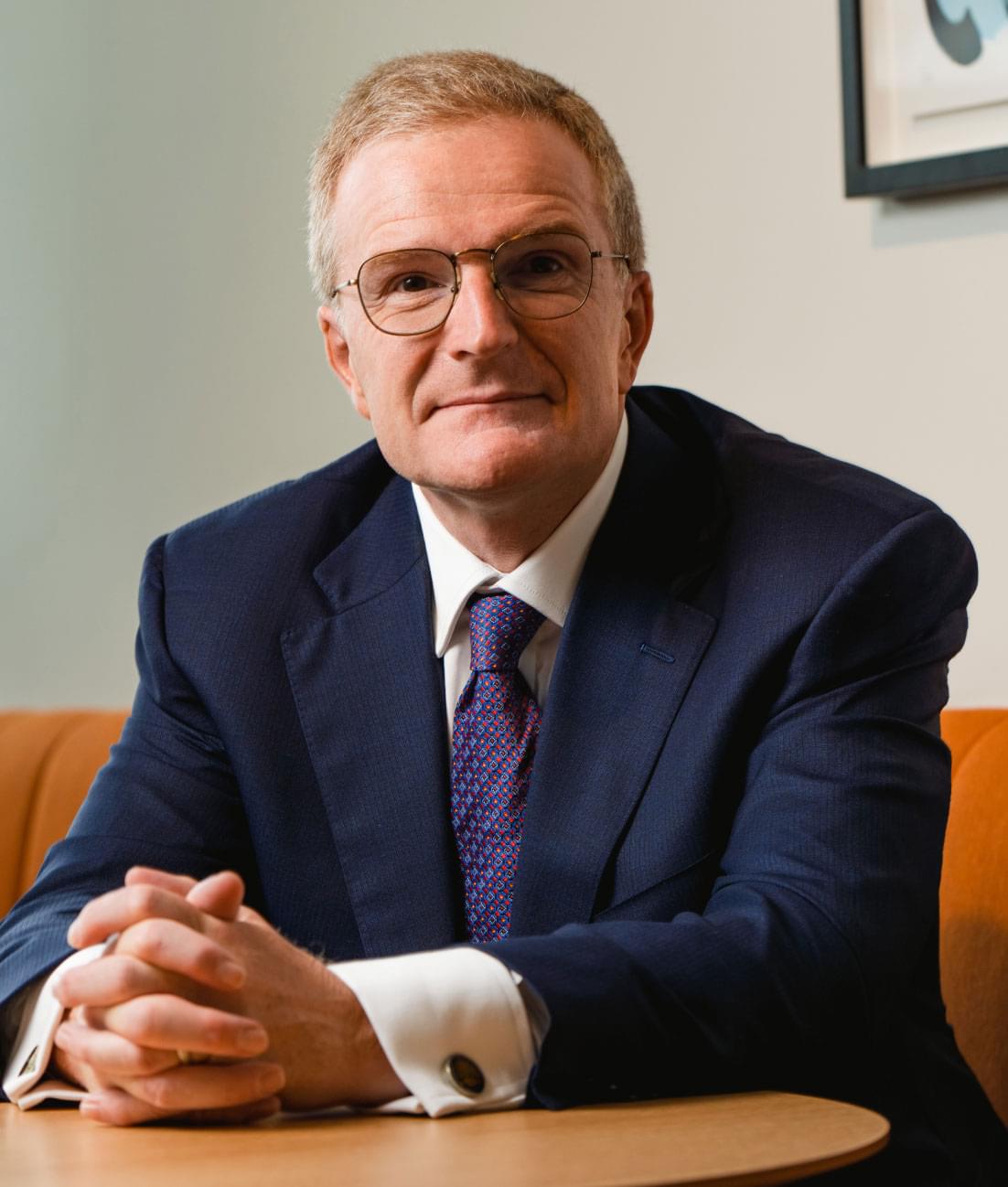Today, if any organization in any sector fails to keep up with technology, it will become a dinosaur or go out of business. The wealth management industry is no exception. Organizations across the financial sector must focus on the people they want to serve – and how technology can deliver – to survive.
Embracing technology offers a huge opportunity for growth. A financial sector where silos are broken down, processes are more efficient and bureaucracy is minimized will benefit those working in the industry and its customers.
It will also enable organizations to expand their client base. When I first started at Citi Private Bank in 1994, people needed $3 million in liquid net worth to qualify for access to our resources. Today the entry point is around $25 million. That’s an important subset of the ultra high net worth landscape, but an even greater opportunity lies beyond that.
Many wealth managers are focusing transformation efforts on supporting this ultra-wealthy group. But not all that glitters is gold. The cost-to-income ratio is astronomical as individuals and families with that level of wealth have customized, complex needs that will always demand people power.
An interesting opportunity lies in opening up wealth management services to those with lower wealth. Technology will enable us to broaden the net cost-effectively. But there’s a more noble aim behind it, too. If we can empower more people to manage their money better, we can start democratizing access to wealth – and change the shape of society as we know it.
Shaping society
Society isn’t shaped by elected leaders alone. In a democracy, governments have limited power in the long term because elections come back around every two to five years. Businesses and other institutions also have a role to play. Their leadership structure gives them greater potential to achieve long-term transformation.
How could that work in wealth management? Strong money management is critical for people to have, in my opinion, a better quality of life and equality of opportunity. If firms use new technologies to widen their customer base, they will start to democratize wealth access.
The impact will go beyond the individuals involved. The more people who are financially active, the more taxes governments receive, which should benefit health systems, infrastructure and social security systems.
Building back trust in finance
This democratization has never been more critical. There’s a growing absence of trust in institutions among younger generations. People are increasingly skeptical of governments, police organizations, schools – and banks. This skepticism is not necessarily a bad thing per se, but questioning the foundation of our financial system is risky.
If people put their money into the shadow banking industry, such as cryptocurrency, the danger is that when things go wrong, people will lose their investment. People must trust institutions, especially within financial services.
Wealth management firms and banks need to earn that trust back because they represent a safe, regulated way for people to manage their money. And technology has the power to help more people benefit from the valuable resources established financial institutions have. The potential is there; banks need to deliver.
This is more than incremental change
Admittedly, with Covid as a catalyst, many banks and wealth management businesses have fast-tracked their technology spending to meet customer demand for progress. But it’s a big challenge. Most have existing infrastructure that’s incompatible with transformation. Suddenly they need to upgrade legacy systems to the likes of cloud.
The challenge is made even trickier by the very nature of financial services. The industry is historically hesitant – and even resistant – to change. That’s partly down to increased regulation and the desire to avoid risk following the financial crisis, but it’s also a response to quarterly targets. The banker’s eye is always on the next set of results.
Throwing money at digital transformation is not enough. Success demands a far more committed, longer-term view. Budgets must be protected to ensure that the money remains dedicated to the project if and when the organization faces challenges.
There needs to be a complete shift in mindset, where leaders accept that their organization isn’t where it should be and commit to the journey. Otherwise, there will be no difference in outcome; at best, organizations may experience incremental change. But incrementalism focuses on short-term goals – and often prevents organizations from delivering what their customers want and need in the longer term. That’s risky in this market.
A roadmap driven by leadership
Alongside a ring-fenced budget, financial organizations need a clear roadmap and buy-in from the C-suite to transform effectively. A dedicated internal team that is close to the C-suite should guide the project. That said, everyone needs to be on board. To align teams to such a long-term goal, it’s important to put the appropriate incentive structure in place.
To ensure they don’t fall back into bad habits, organizations must also actively consider different points of view. That’s why it’s important to include a range of voices and, crucially, to work with technology partners, such as UST, who will act as true agents of change.
Choosing the right external partners is critical. Wealth management organizations need partners who not only provide the right technology, but understand the industry's complexities, too. A technology partner should be an unthreatening ally to the C-suite and internal stakeholders. But they must be experienced and courageous enough to hold the organization accountable.
We can make the world a better place
Wealth management organizations that commit to true transformation – and execute it well – will deepen relationships with customers, increase new client acquisition and significantly boost both their short- and long-term growth rates. But they will be doing something far greater if they use technology to expand their client base beyond what has been traditional for wealth management.
Offering resources and expertise to more people represents more than a new revenue stream. It will empower people financially and create a ripple effect across our society, too. It might sound cliché, but if we can democratize access to wealth, I believe the world will be a better place.
Latest Articles
contact us


